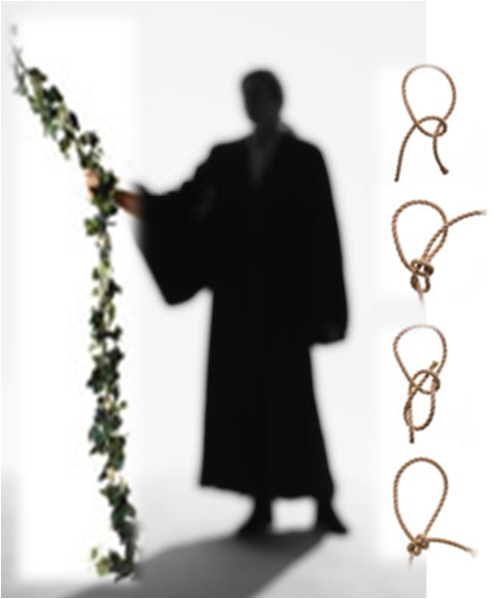
- Today is Friday the 13th. Twenty million Americans are feeling unlucky today–people who suffer from friggatriskaidekaphobia. It’s a 100+-year-old word made up of a combination of the Norse and Greek root words for ‘fear’ and ‘Friday’ and ’13.’
- Folklorists say that the phobia itself is a combination of two separate superstition-induced phobias–13 is unlucky in much of folklore and so is Friday. Whenever the first day of a month is a Sunday, there’s going to be a Friday the 13th that month.
- The number 13 has been unlucky for a long time. Numerologists point out that 12 is a complete number in Judeo-Christian culture: There are 12 months in a year, 12 hours on a standard clock, 12 Apostles, 12 tribes of Israel, 12 days of Christmas, 12 eggs in a dozen, of course, the 12 Steps of GRAMMARHOLICS (not so) ANONYMOUS, and so on.
- There’s something unsettling, even repugnant, about going just a bit ‘beyond completeness’–that’s how academic folklorists rationalize the superstition, at least. The vast majority of skyscrapers have no 13th floor, the room number 13 is missing from many modern hotels, and many airliners do not have a row 13 in their passenger seating.
- As for Friday, it’s unlucky in a handful of ancient cultures. In Christianity, it’s the day of Jesus’ crucifixion.
- There have been 12 films in the Friday the 13th series. The 13th came out on Friday the 13th of July in 2012.
- There are always the traditional folk remedies to ward off bad luck today: burning any socks with holes in them; eating some gristle while standing on your head; or climbing to a mountaintop. Just know that some years can have up to three of them.
Enjoy!
References: Dad, CBS News, The Skeptic’s Dictionary, IMDb















You must be logged in to post a comment.